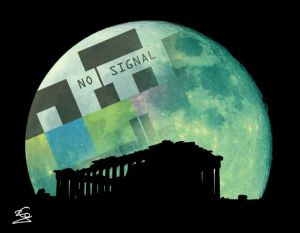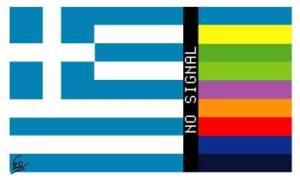Alexis Tsipras told delegates at SYRIZA’s founding congress on Wednesday that it is time for the leftists to rid Greece of its “aged powers,” namely New Democracy and PASOK. But to do so, SYRIZA can’t rely just on being younger than them.
SYRIZA was founded as the Coalition of the Radical Left in 2004 thanks to a cooperation between several leftist parties, most notably Synaspismos. As is to be expected of youth, SYRIZA spent its formative years not really knowing what it wanted to be – a sounding board for leftist intellectuals, a springboard for political activists or a launch pad for the left to come to power. SYRIZA members had this existential question answered for them last summer thanks to the party’s impressive showing in the June elections, when it garnered almost 27 percent of the vote and won 72 seats in Parliament.
Since then Tsipras, just 38, has been on a mission to mould SYRIZA into a party of government rather than a collection of leftist factions happy with life on the opposition benches. The conference is due to end with almost all the factions voting themselves into oblivion and SYRIZA becoming a single unit. Over the last year, though, Tsipras’s has been far from a steady hand at the helm. He was veered from an anti-austerity platform last summer to the attempt at reconciliation with Greece’s lenders and center ground voters earlier this year. He toned down his rhetoric after the elections, then ramped it up as Cyprus was being bailed out, before settling for a holding pattern ahead of this week’s congress.





